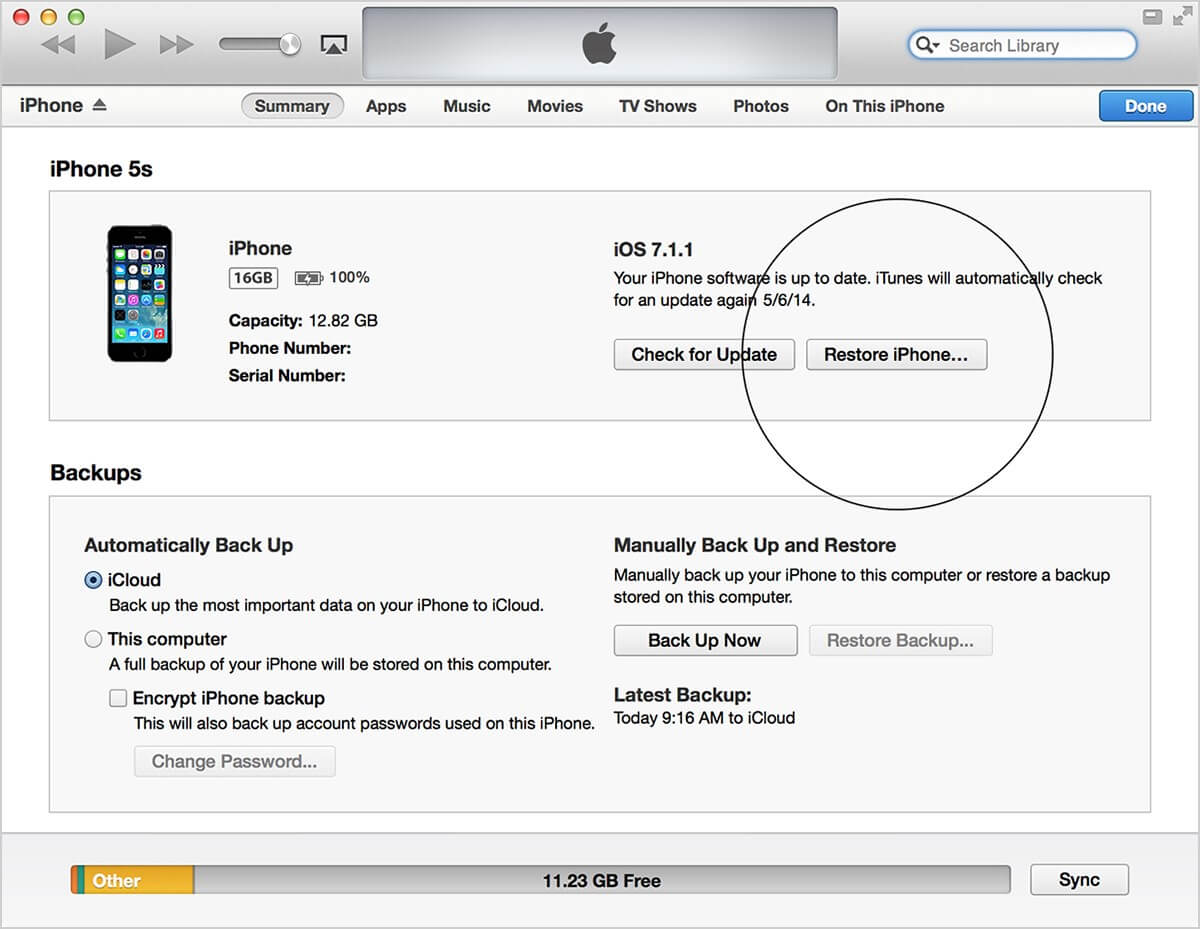
The announcement of the discontinuation of iTunes in 2019 marked the end of an era for digital music consumption. iTunes had revolutionized the way people purchased, organized and listened to music since its launch in 2001. Over the years, it expanded its offerings to include movies, TV shows, podcasts and audiobooks. Its impact on the music industry was significant, as it brought about a shift from physical record sales to digital downloads. In this article, we will reflect on the legacy of iTunes and explore how its discontinuation has influenced the way we consume digital media today.
In 2019, Apple announced that it was discontinuing iTunes, one of the most iconic digital media players that had revolutionized the way people consumed music and other media. The announcement marked the end of an era for many music lovers and media enthusiasts who had grown up using iTunes as their primary media player.
The decision to discontinue iTunes was not entirely unexpected, given the rise of streaming services like Spotify, Pandora, and Apple Music. These services allowed users to access millions of songs and other types of media on-demand, without having to purchase individual songs or albums. This shift in consumer behavior had a significant impact on iTunes, which had been struggling to keep up with the changing market trends.
Despite its decline in popularity, iTunes remained a beloved platform for many loyal fans who appreciated its simplicity and ease of use. For them, the discontinuation of iTunes was a bitter pill to swallow. However, Apple’s decision to replace iTunes with a suite of separate apps – Apple Music, Podcasts, and TV – has proved to be a wise move, catering to the evolving needs of modern consumers.
The impact of iTunes’ discontinuation on the digital media landscape has been significant. It marked a clear shift away from traditional music downloads towards streaming, a trend that shows no signs of slowing down. Streaming has become the preferred method of consuming digital media, with over 80% of all music revenue coming from streaming services in 2022.
In conclusion, while the discontinuation of iTunes may have been the end of an era, it also signaled the start of a new chapter in digital media consumption. As streaming continues to dominate the market, it is important to remember the role that iTunes played in shaping the industry and making digital media accessible to millions of people worldwide. While we say goodbye to iTunes, we can look forward to the exciting innovations that will undoubtedly emerge in the years to come.
Why iTunes is becoming obsolete in 2023: A Look at the Changing Landscape of Music Consumption
Welcome to ChatGPT! As we approach the year 2023, the landscape of music consumption has undergone significant changes. With the rise of streaming services such as Spotify and Apple Music, the once-popular iTunes has become increasingly obsolete. While iTunes was once the go-to platform for purchasing and managing digital music, its relevance has waned as consumers have shifted towards subscription-based services. In this discussion, we will explore the reasons why iTunes has become less popular in recent years and examine how the changing music industry has impacted the way we consume music.
The digital music landscape has changed dramatically over the past few years, with the rise of streaming services like Spotify and Apple Music. As a result, iTunes, once the go-to platform for music lovers, is becoming increasingly obsolete.
With its launch in 2001, iTunes revolutionized the way people purchased and consumed music. It allowed users to purchase individual songs or albums, organize their music libraries, and even create playlists. However, as the years went by, iTunes began to lose its edge due to the emergence of new competitors in the market.
One of the major reasons behind iTunes’ decreasing popularity is the increasing convenience and accessibility offered by music streaming platforms. With streaming services, users can access millions of songs from different artists without having to individually purchase each track. Additionally, users can listen to music on-the-go through mobile apps, making it easier to discover new music and curate custom playlists.
Another reason why iTunes is losing relevance is due to the shifting preferences of younger generations. Today’s consumers are more likely to favor music streaming platforms over traditional ownership models like purchasing CDs or downloads. This preference can be attributed to factors such as affordability, accessibility, and variety.
Moreover, the launch of Apple Music has brought significant changes to the iTunes platform. Apple Music’s integration with Siri and the Apple ecosystem has made it easier for users to access their music library across multiple devices. As a result, users are more likely to turn to Apple Music when looking for ways to stream music.
The decline of iTunes may seem like a big loss for Apple, but it’s important to note that the company has adapted well to the changing market conditions. Apple Music, which was launched in 2015, has grown rapidly and now boasts over 80 million subscribers worldwide. The popularity of Apple Music is a testament to the company’s ability to pivot and adapt to emerging trends in the industry.
In conclusion, the changing landscape of music consumption has significantly impacted the relevance of iTunes. While the platform was once the go-to for music lovers, it’s now becoming increasingly obsolete due to competition from streaming services and shifting consumer preferences. However, with the launch of Apple Music, Apple has shown that it is capable of adapting to changing market conditions and remaining a major player in the music industry.
